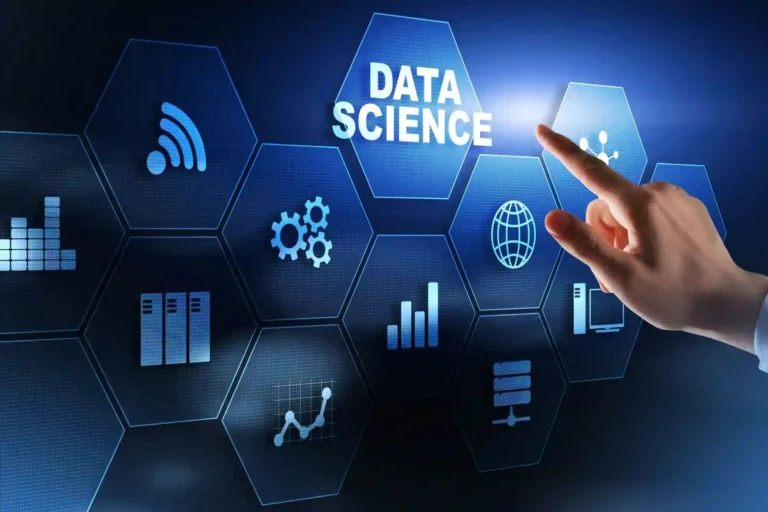Data science is an ongoing process of evolution owing to the increasing influx of new technologies that fuel the process of managing and analyzing data, and then converting it for making improved decisions. Among the solutions that have changed, is Generative AI, which has been the recent solution that entered the marketplace. Generative AI has the power to transform data science by scheduling, creating new datasets, and developing predictive models from scratch. What makes it so impactful? Now, let us explore five reasons why Generative AI is a promising future in data science.
What is Generative AI?
Generative AI refers to algorithms of learning that develop novel data or content based on given inputs. Generative models, such as GANs and VAEs, differ fundamentally because they can produce new outputs-that is, images, text, or even synthetic data- from scratch, while traditional classification and prediction models cannot. And this huge amount of potential is what’s so great for data scientists, who can test more diverse and higher-quality datasets.
Generative AI is changing the approach through which most data science tasks, from data preprocessing to model development, are addressed. Here’s how:
- Data Augmentation: One of the challenges with data science is that the data is typically insufficient and not diverse. Generative AI solves this problem by providing synthetic data that closely replicates the real world. This, in turn, makes for more robust training of the models and prevents overfitting.
- Advanced Predictive Modeling: The Generative models will be able to generate future scenarios in Predictive analytics making Predictive Analytics more powerful. For example, with Generative AI in healthcare, potential future data can be generated to predict disease outbreaks and diseases based on prevalent patterns at present.
- Automation of Data Processing: Perhaps the most mundane labeling of data, or filling missing values, could be automated using Generative AI, letting higher-order research areas free up for data scientists.
- Privacy-Preserving Synthetic Data: Generative AI addresses all data privacy concerns by generating synthetic data that look exactly the same as real ones, but do not contain personally identifiable information – and, therefore, meets all requirements for GDPR compliance.
Why Generative AI is the Future of Data Science
Generative AI is not simply an incremental advance, but it really is transformative, answering the rising needs of data complexity and innovation, bringing unparalleled efficiency through the rapid generation of massive datasets, and prompting the discovery of new applications in domains like drug discovery and marketing. In addition, it contributes to developing AI based on best privacy practices and with best-quality data to train the models.
Summing it all up, Generative AI is all set to transform the face of the future of data science with innovative ability, accuracy, and the responsible application of data use.
Unprecedented Efficiency
The high efficiency of generative AI leads to quickly generating large datasets, thus significantly cutting the data collection and preprocessing time so that, for example, data scientists can proceed with modeling and analysis faster.
Improves Innovation
Generative AI offers limitless innovation possibilities. It means the possibility of generating new data, images, text-even simulations-and offering new avenues for research and business applications. For instance, new generative models are going to help immensely in applications like drug discovery, and autonomous systems, as well as in creative industries in marketing and entertainment.
Better Model Accuracy
These traditional models are data-based and rely on already available data, which at times might be biased or less inclusive. Generative AI allows the generating of balanced and diverse datasets that decrease bias and are much more precise for models. This in turn produces more reliable, fairer outcomes, especially when dealing with sensitive domains, like hiring predictions or healthcare.
Supports the Development of Ethical AI
Generative AI specifically contributes to ethics in AI as it guards the responsible use of data. Generative AI can generate synthetic data that does not compromise on personal privacy, hence permitting companies to innovate without threatening users’ security on their data.
Conclusion:
This puts Generative AI at the forefront of Data Science innovations, for sure – its capability to generate high-quality synthetic data with accurate predictions for trends into the future or new applications puts it at the forefront of driving meaningful insights, improving decision-making processes, and fueling growth in each sphere. In this regard, the shift of organizations to depend more and more on Generative AI in order to inform decisions and strategic planning is transformative in its effects on the face of data science. Generative AI outshines the rest of the technologies available; it is versatile and predictive.






